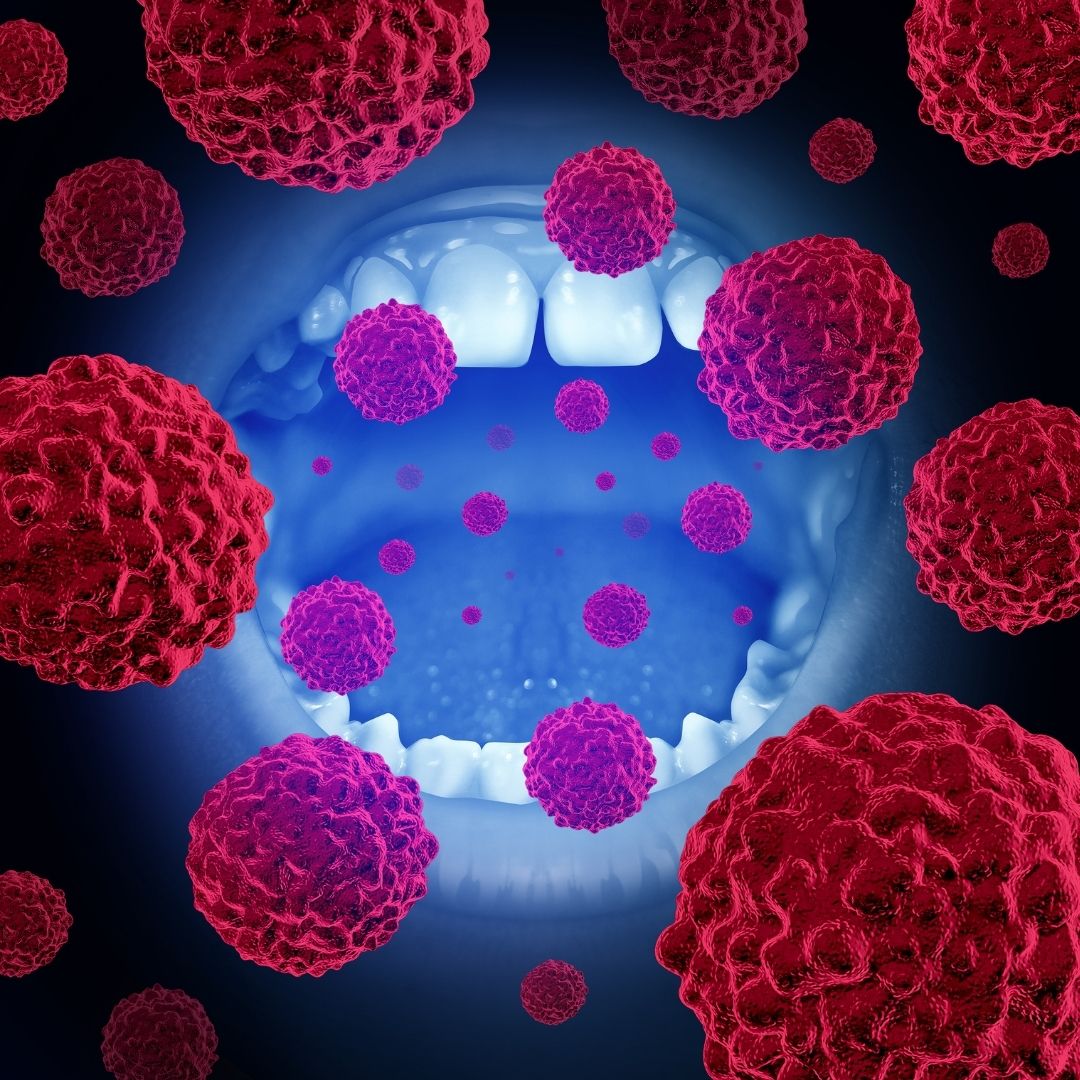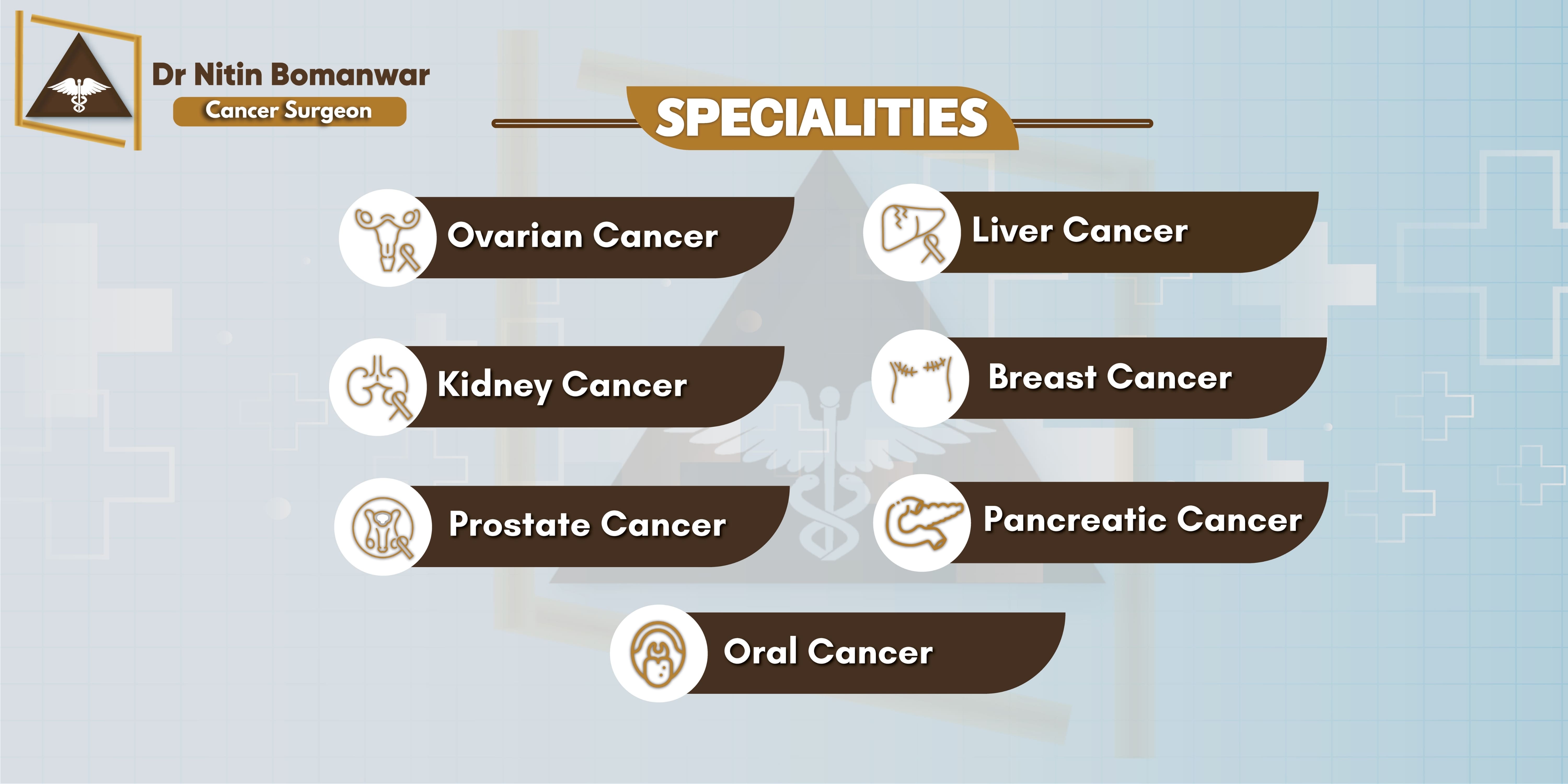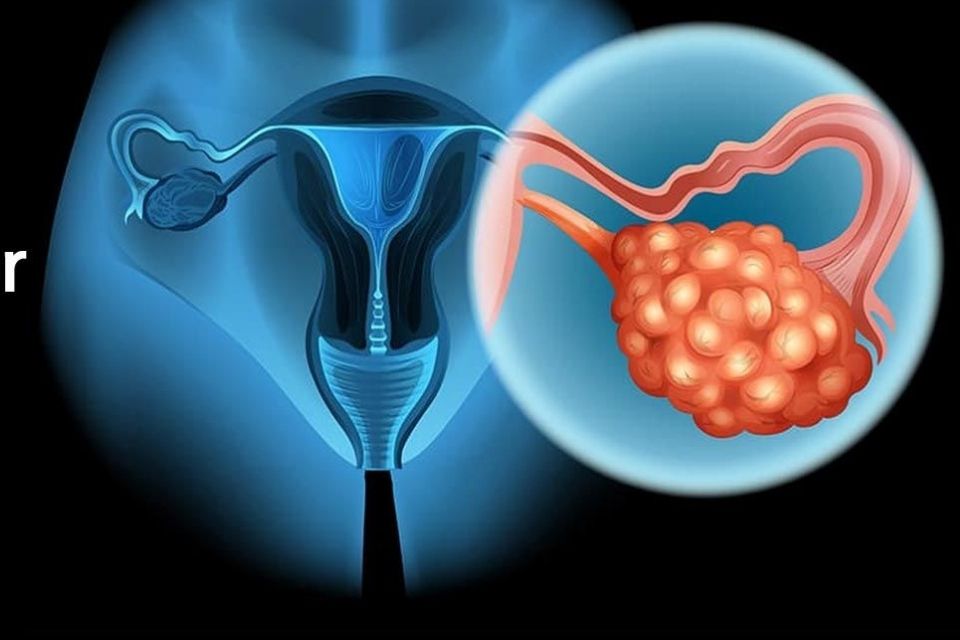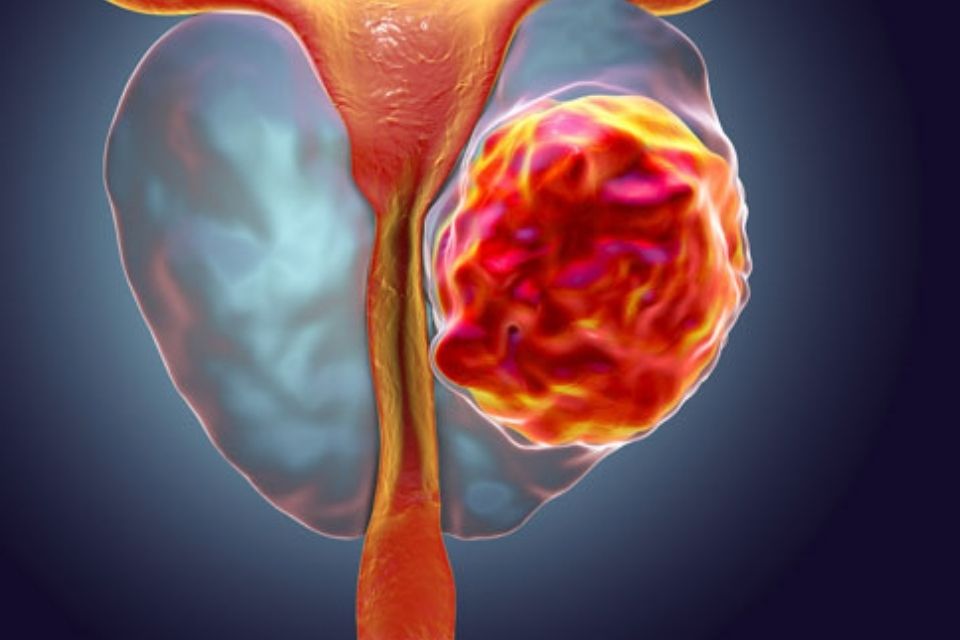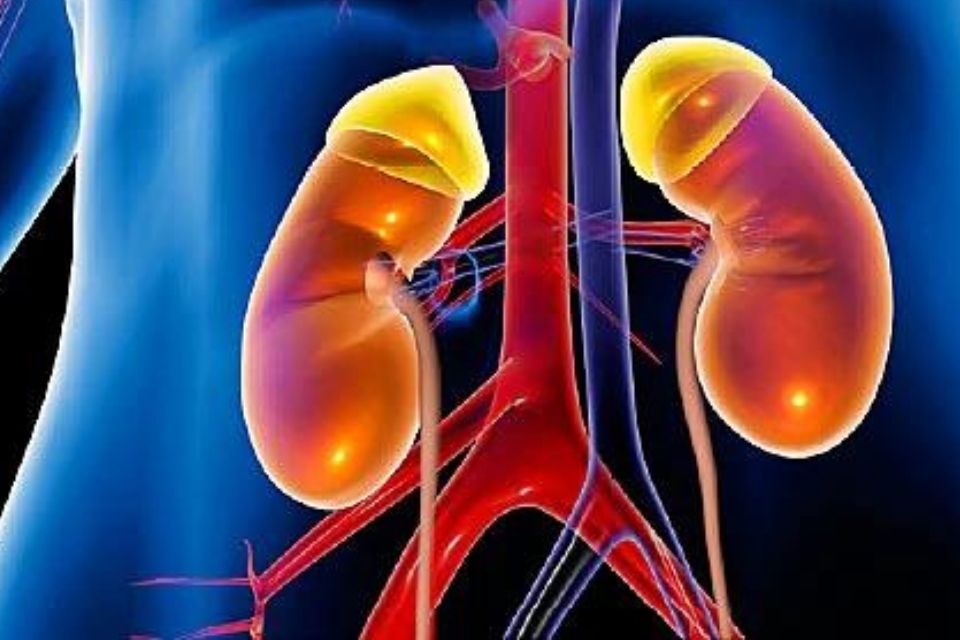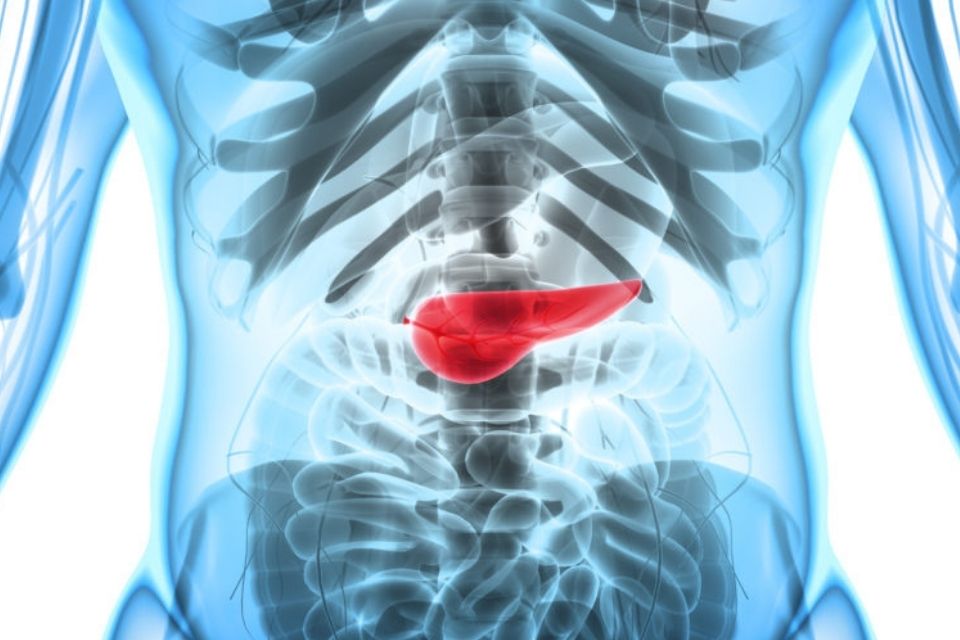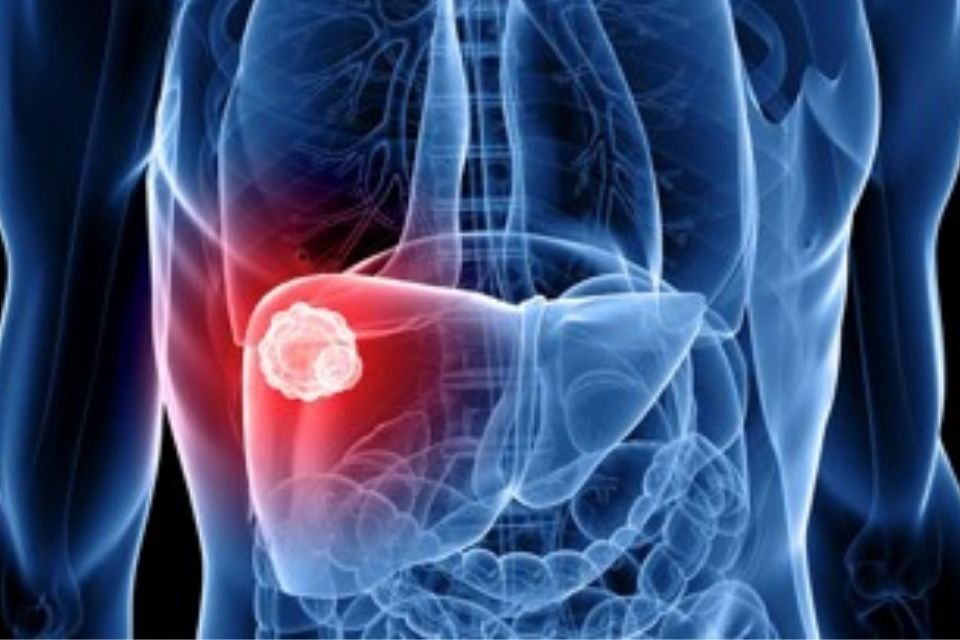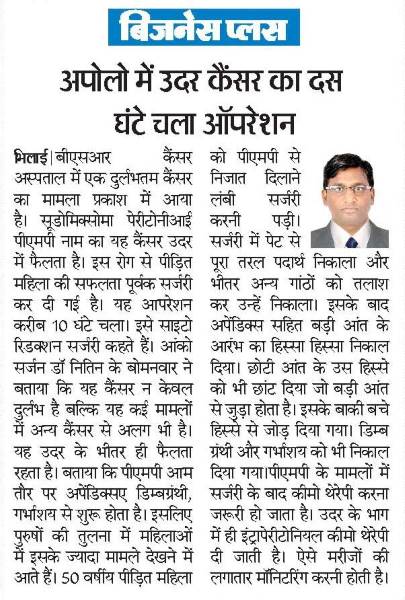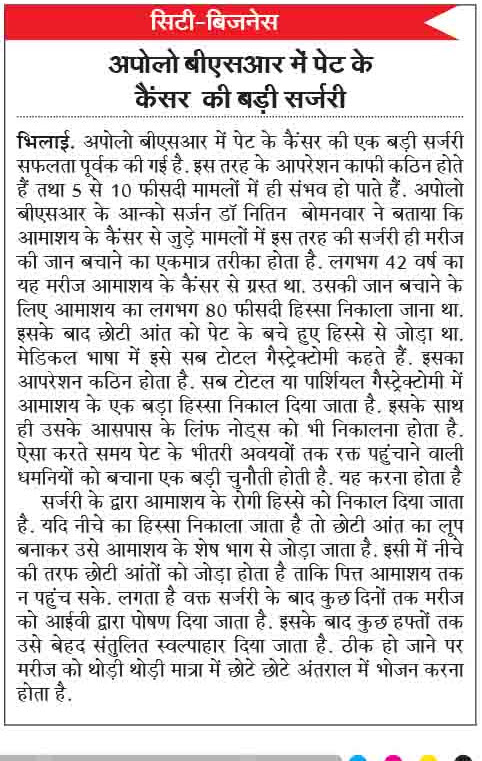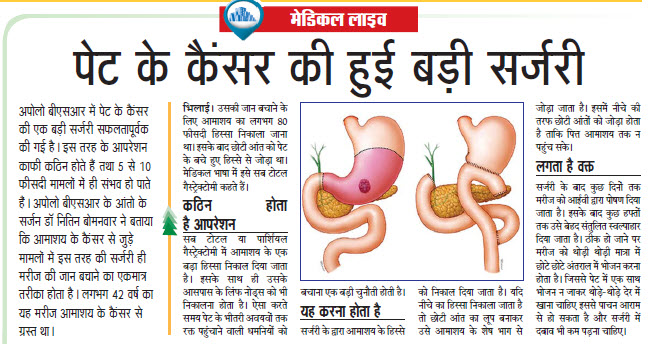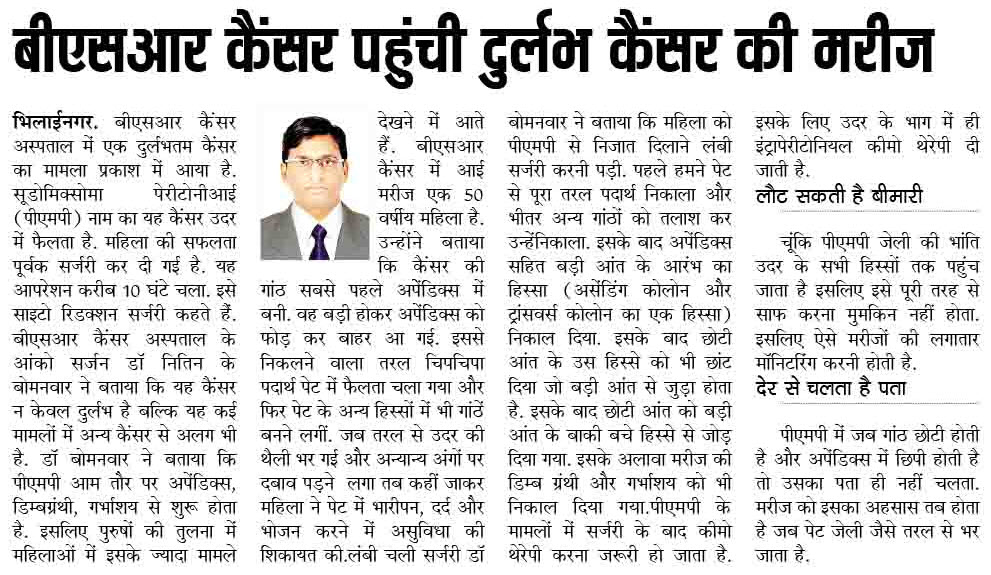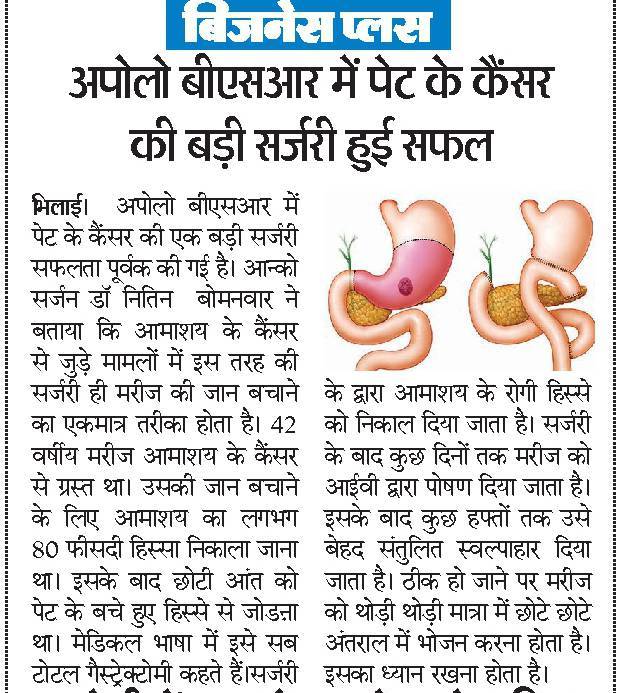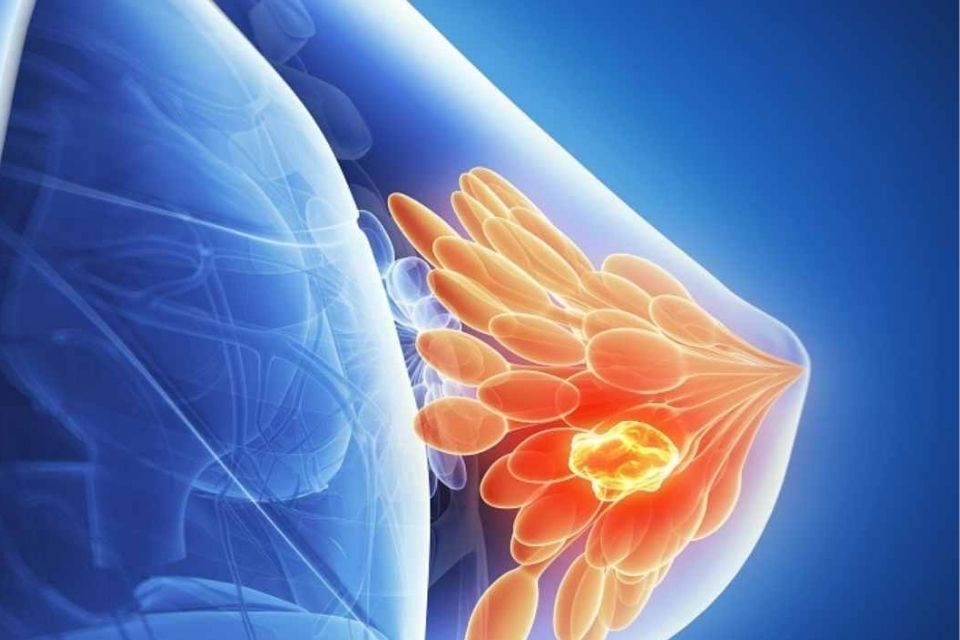
Genetic risk factors: : Damage to certain genes (due to inherited or environmental changes) increases the risk of breast cancer.
Family history: Breast cancer risk is higher among women whose close blood relatives (either from mother's or father's side) of the family have this disease. If one's mother or sister has breast cancer. It doubles the risk of getting the disease.
Personal history: A woman with cancer in one breast has a greater chance of getting a new cancer in the other of same breast.
Women with denser breast tissue; or certain not cancer changes in the breast; or lobular carcinoma in situ ([Cr have a higher risk of breast cancer. Dense breast tissue cap also make it harder for doctors to spot cancer or mammograms.
Menstrual periods: Women who began having periods early (before age 12) or who went through menopause after the age of 55 have increased risk of breast cancer.
Breast radiation early in life: Those who have had radiation treatment to the chest area (as treatment for another cancer) earlier in life have a greatly increased risk of breast cancer. The risk is higher if the radiation was given during the teens, when the breasts were still developing as compared to after 40 years of age.Certain lifestyle choices affect the risk of breast cancer Not having children or having then later in life: Women who have not had children, or who had their first child after 30 years of age, have a higher risk of breast cancer. Being pregnant many times and from an early age reduces breast cancer risk.
Hormonal contraceptives: Woman using them have a greater risk of breast cancer than women who have never used them.
Hormone replacement therapy (HRT): HRT, which is used to help relieve the symptoms of menopause, increases the risk of breast cancer.
Breastfeeding: Breastfeeding lowers breast cancer risk, especially if the breastfeeding lasts 1 .5 to 2 years.
Alcohol: It is linked to an increased risk of getting breast cancer. Women who have one drink a day have a very small increased risk. Those who have two to five drinks daily have about 1.5 times the risk of women who do not drink alcohol.
Most of the times, ovarian cancer symptoms are vague & non-specific which means it is difficult to detect early. The main symptoms are as follows:
Being overweight or obese: This is linked to a higher risk of breast cancer, especially for women after menopause or if the weight gain took place during adulthood. The risk seems to be higher if the extra fat is around the waist.
Lack of exercise: Exercise reduces breast cancer risk.
Tobacco Smoke: Smoking as well as exposure to second hand smoke (passive smoking) on a regular Basis appears to increase the risk of breast cancer.
Some other uncertain or unproven risk factors: These include antiperspirants, underwire bras, pollution, breast cots, etc.
What are the signs and symptom of breast cancer?
Early cancer of the breast usually has no symptoms. Later, as the cancer grows, it may cause a lump or mass that can be felt in the breast. A lump can be painless, hard; or painful, soft. Sometimes, skin over the tumor may become coarse and wrinkled Other signs of breast cancer include the following:
- Change in the size/shape/feel of breast or nipple
- Swelling of all or part of the breast
- Skin irritation or dimpling
- Breast pain
- Nipple pain or the nipple turning inward
- Nipple pain or the nipple turning inward
- Abnormal nipple discharge C.
CUATION
- Lump
- Skin dimpling
- Change in skin color or texture
- Change in how the nipple looks like pulling in of the nipple
- Clear or bloody fluid that leaks out of the nipple
Symptom of advance breast cancer include the following:
- Bone Pain
- Skin ulcers
- Swelling of one arm (next to the breast with cancer)
In case of any unusual symptoms: it's extremely important to see your doctor right away
How can breast cancer be diagnosed?
To help diagnose cancer at early stage involves screening - that is, looking for the cancer before a person has any symptom
Breast self-examination - Checking one's own breasts for lumps, changes in the size or shape of the breast, or any other changes in the breasts or underarm (armpit)
Steps
- While sitting or Standing, raise each arm an examine the armpit for any lumps, because breast tissue extends to that area
- Lie down on the back and place the left hand behind the head. With the middle fingers of the right hand, gently yet firmly press down on the breast area, using small motions (pattern shown in the diagram) to examine the entire left breast
- Gently squeeze the nipple, checking for any discharge. Repeat the process on the right breast.
If should be done on monthly basis, starting from 20 yec age.
Clinical Breast examination - Breasts examined by a doctor it should be done regularly after 30 years of age.
Mammography (X-ray of the breast- Helps find breast cancer early Getting mammograms is recommended as follows:
- After years of age once everyone to Iwo years.
- After 50 years of age, every year.
- If there is a story of breast cancer in the family, it can be done before one completes 40 years of age.
Biopsy (viewing of breast tissue under microscope). MRI sonography of breast etc con be done to detect breast cancer
The doctor will decide the tests that are necessary: All of them may not be done Getting screened for breast cancer via regular and necessary examinations increases the chances of finding breast cancer early, when it is most treatable.
How can breast cancer be treated?
Various therapies are used for the treatment of breast cancer for e.g. removal or tumor (surgery), killing cancer cells with drugs (chemotherapy and targeted therapy) or radiation (radiotherapy). Depending on the size and spread of the cancer treatment can include any of the these therapies of a combination
How can breast cancer be prevented?
Some lifestyle changes help in the prevention of breast Cancer.
Diet: A healthy diet with a variety of foods that include lots of fruits, vegetables: choosing whole grain foods: limiting alcohol consumption and meats that are high in fat: avoiding smoking.
Weight: achieving or maintaining a desirable weight.
Exercise: Con improve physical and emotional health and play role in preventing cancer
Regular checkups:Getting the necessary exam and check-ups done regularly especially in these who have a family history of relatives with breast cancer.
HRT and hormonal contraceptives:Consult doctor about the risks and benefits before taking HRT or hormonal contraceptives. If one is on HRT regular Check-up is necessary.
For more information, please consult the doctor.DO'S
- Being active and exercising
- Eating healthy food consisting of vegetables and fruits
- Getting screened for breast cancer regularly
DON'T
- Smoking
- Excessive alcohol intake
- Being overweight /obese
